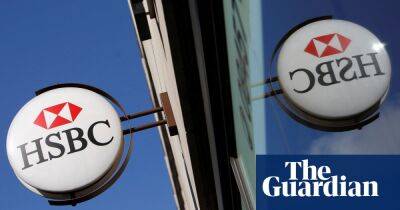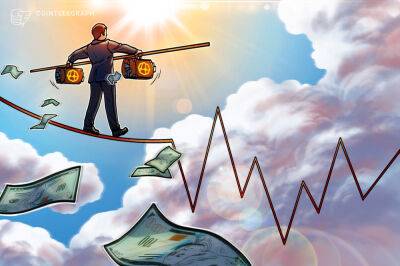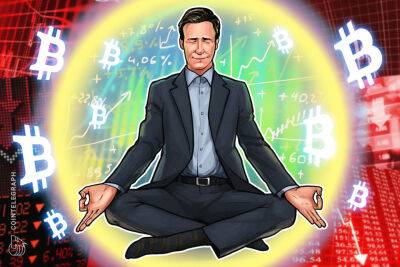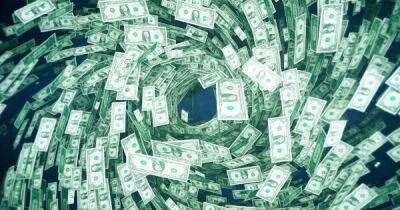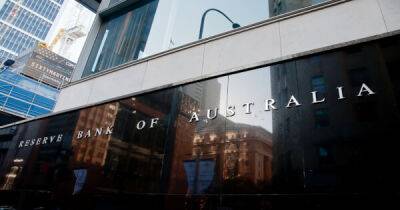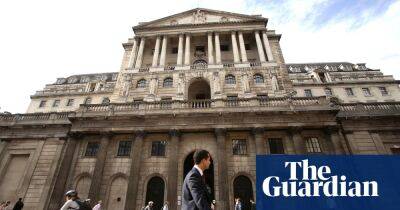As recession looms, the Bank of England’s independence is under threat
The Bank of England was taking plenty of flak even before it announced its latest gruesome forecasts for the economy. It can now expect the criticism to be redoubled as the government looks for a scapegoat to blame for the pre-election misery to come.
The outlook is truly grim. Inflation is now set to peak at 13.3% in October – its highest since September 1980 – and will still be close to 10% in a year’s time. The economy will begin to contract in the final three months of this year and not start to grow again until early 2024. Living standards will fall by 5% over the next two years – unmatched since modern records began in the early 1960s.
Against this backdrop, the Bank’s nine-strong monetary policy committee has raised interest rates by 0.5 percentage points to 1.75%. Not only was the biggest increase in the official cost of borrowing since 1995, it was also the first time the MPC has raised rates while forecasting a recession.
Eight of the nine MPC members voted for a 0.5 point increase, doing so on the grounds that the labour market remained tight and there was a risk of inflation becoming embedded. But the labour market is not expected to stay strong for long: the Bank thinks a recession projected to last as long as those of early 1980s and the late 2000s will push unemployment up from under 4% to well over 6% by 2025. Longer dole queues and higher interest rates will lead to a marked cooling in the housing market.
A year ago the Bank thought inflation would peak at 4% but has raised its forecast steadily ever since. It says higher energy prices – which alone account for half the 13% annual inflation rate – and global supply chain bottlenecks for most of the increase. It has left the door open to further 0.5 point
Read more on theguardian.com




